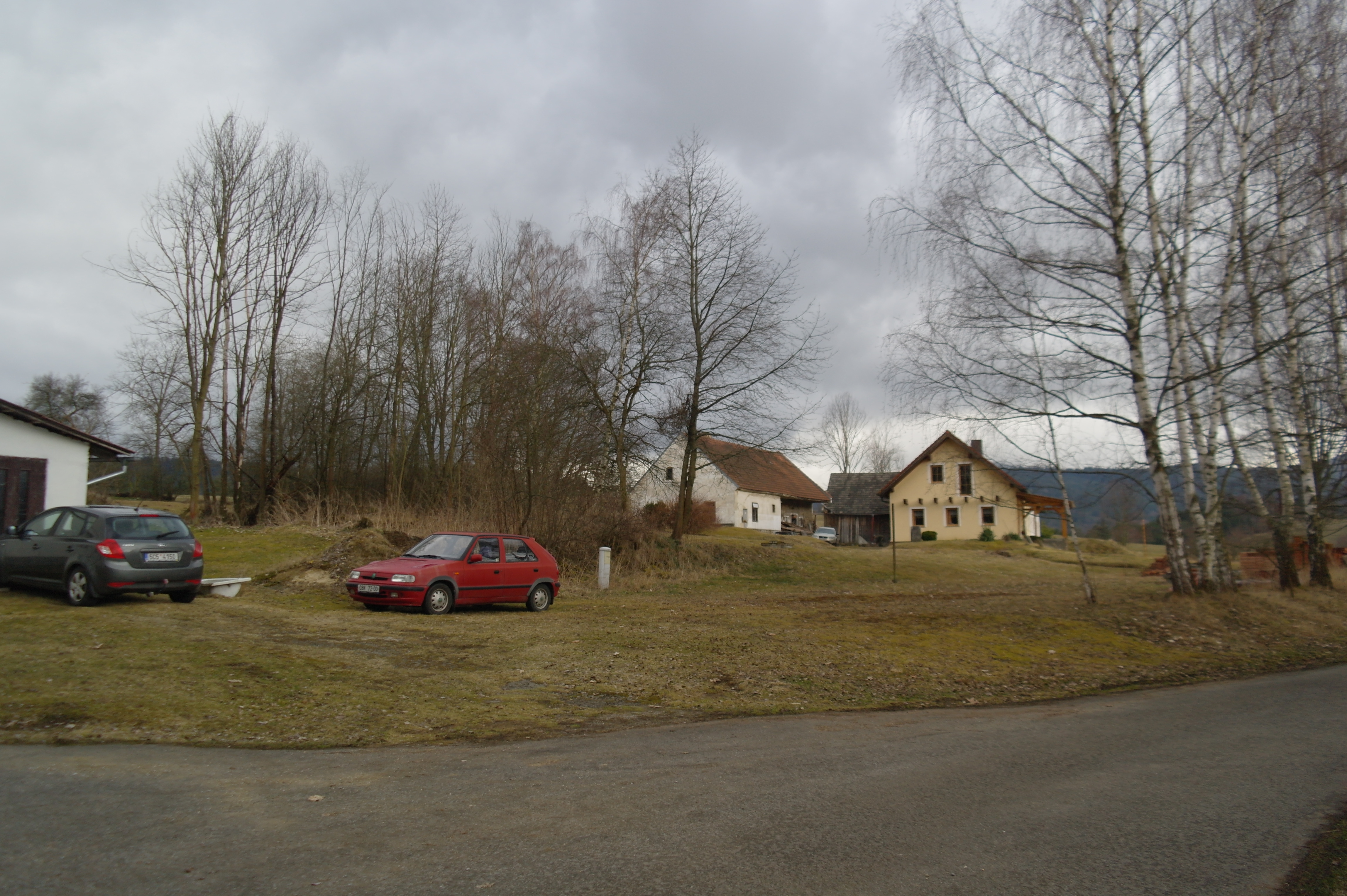Development Diary: Combat
For all they that take the sword shall perish with the sword.
Thought it was just a joke, did you? Well it wasn't. Coming soon to a forum near you, Thy Kingdom Come. To help give you an idea on how the game will operate, I shall publish a development diary, as they seem to be all the rage these days.
Scale
In Thy Kingdom Come, there is a single unit represented in combat; the Man, which is exactly what it says on the tin. That is correct, every soldier in an army is individually represented. No abstraction where 1 military point is equal to a division, or a corps; every Man is one man. Naval units are not currently represented, nor are there any plans to represent them. The Crusades era was not known for its major naval engagements. You
can still ship units across waterways, but it comes at a cost.
Men are a resource obtained primarily from the countryside (in most cases, see later devdiaries if applicable), but there are also Holy Orders and mercenaries available, as well as just general adventurers who show up wanting to fight for the cross or crescent.
Representation
In Thy Kingdom Come, units are attached to Military Leaders. Military Leaders are basically another class of military unit (so the above section is technically not entirely truthful), however, unlike the Man, they are very limited. While a player can reasonably expect having thousands of men available for battle, Military Leaders will very likely number under a half a dozen per player.
Example of Military Leader
This is because Military Leaders are represented individually on the map. For offensive operations, you attach units to a military leader, who then moves around on the map, pillaging, conquering, sieging, and generally making war. The units attached to the military leader are considered to be part of his Host.
Military leaders can have traits, which can affect their effectiveness in battle. Maybe one leader is a zealot, maybe another is inspiring, and maybe a third is reckless. Do note, however, that military leaders can be killed or captured during battle, and if this happens to a great leader, that could easily turn the tide of a battle.
Soldiers can also be assigned to garrison a city, which strengthens its defenses in the event of attack, but swollen numbers can also result in a faster surrender (see Sieges, below).
Most of the time, you will not have your entire army called up; raising levies hurts your economic output. A certain allowance is given, however, to represent things such as city guards and professional soldiers in the personal employ of the ruler.
Battle
For combat itself, TKC shall use a variation on the
Standardized Combat System. Should be fairly self explanatory.
After the battle, however, different things may happen. Depending on how badly the battle (and the war in general) went down, and on the traits of both the attacking and defending military leader, one of three things may happen: there could be an orderly retreat, a retreat can turn into a rout, or (in extreme cases) the losing army may panic and break.
Sieges
This is the Crusades, however, and your target isn't the countryside; your target is the juicy, wealthy cities. Much of your income will come from cities (which are also represented on map, to be expanded upon in a later development diary), with the countryside primarily providing men for your levies and a buffer zone. Undefended countryside will fall immediately to hostile armies, but cities will not. If a military leader moves his host onto a province containing a city, a siege will begin.
While a city is under siege, its economic output is greatly reduced and you will find it very difficult to move what income remains, as well as troops ,in or out. The difficulty and reduction only increase as provinces bordering the city fall to the enemy as well. Every turn, a siege check is rolled and added to the siege's total. Once the sum of the siege checks exceeds the city's defensibility, the city falls. Once the city falls, the victor can sack it, leave it be, or anything in between. Sacking permanently damages the city's economic output.
If sieges are too slow for you (or an enemy army is bearing down to relieve the siege), you can attempt to storm the city. If you do, expect terrible losses, a permanent reduction to the city's economic output, and a reduction to the city's defensibility.
That is all for this development diary, see you soon.
Deus Vult!
Release Date: Summergeddon 2013
All information presented is subject to change at the GM's discretion










